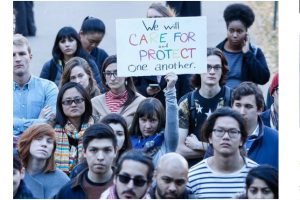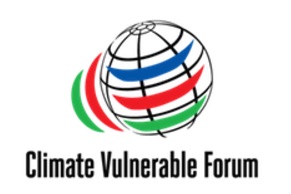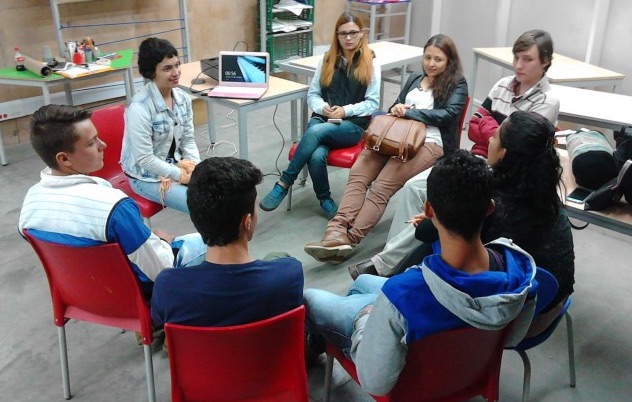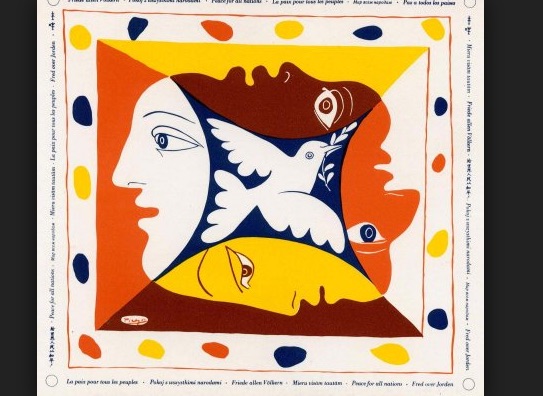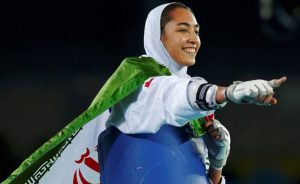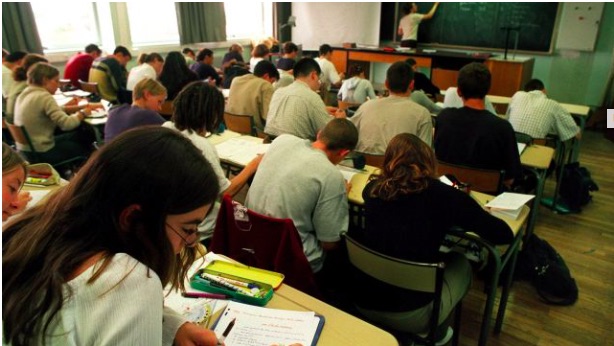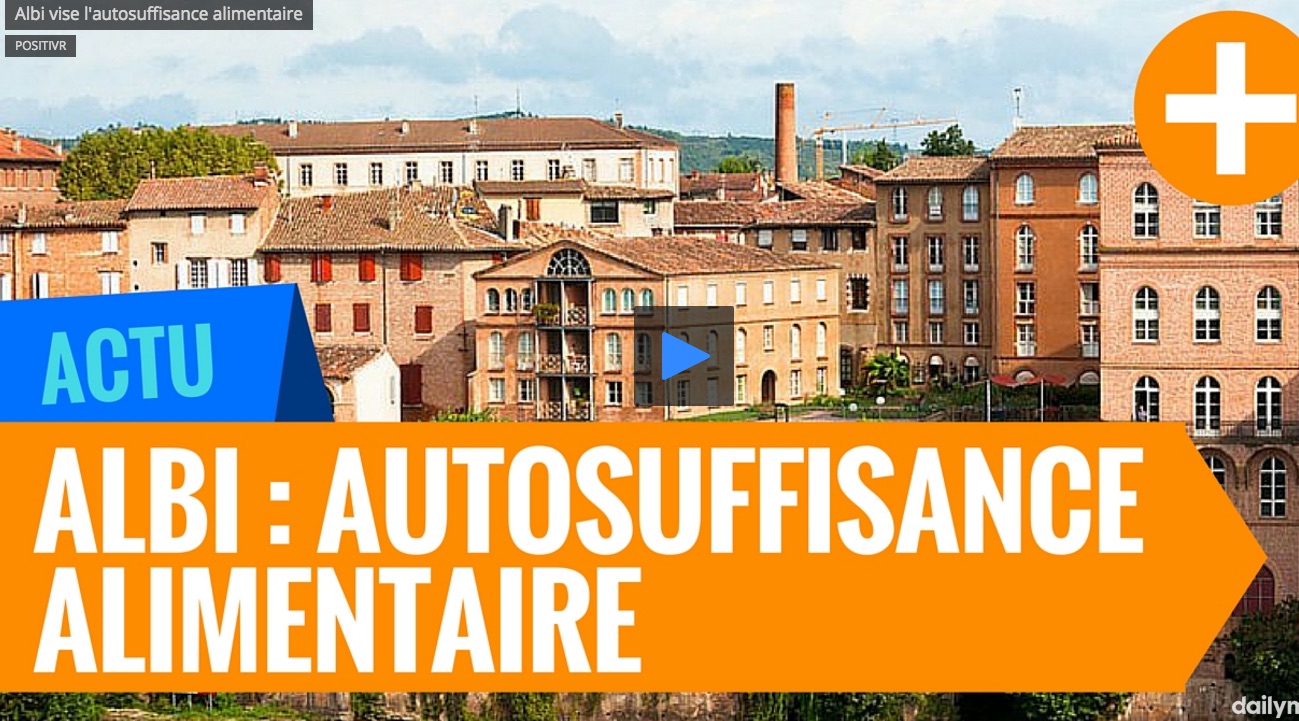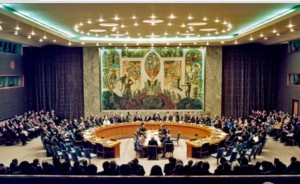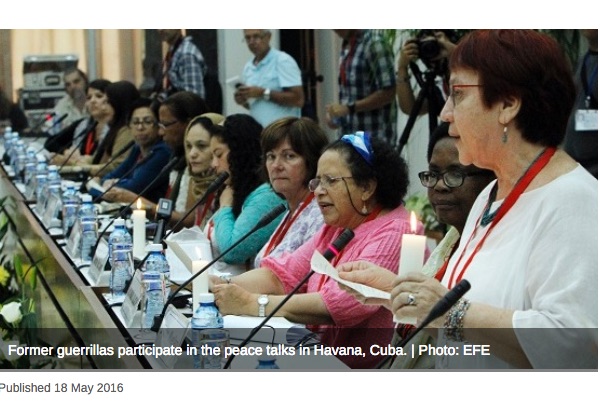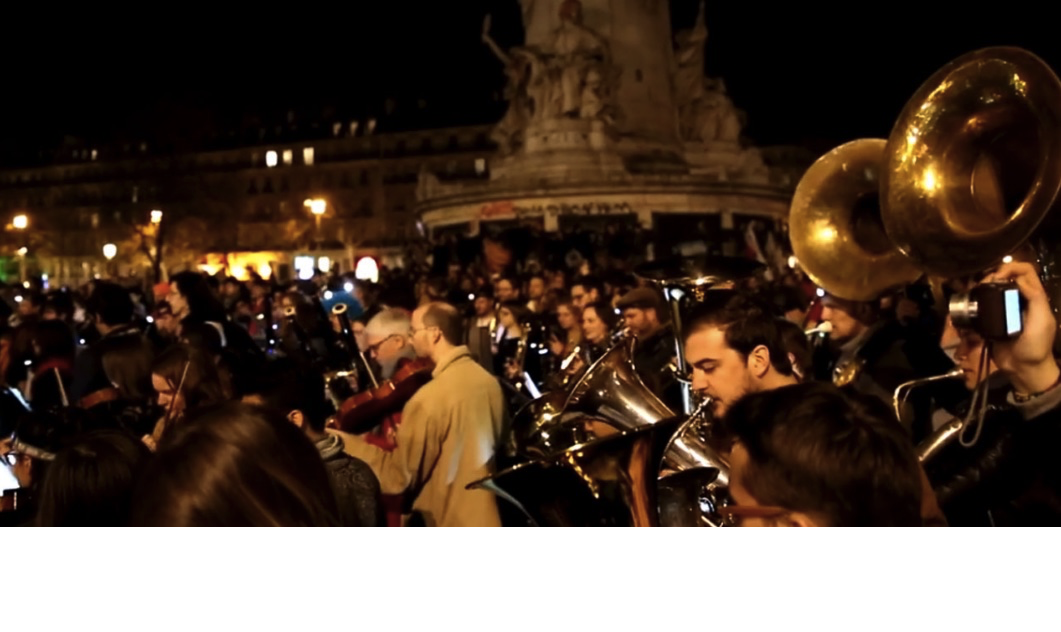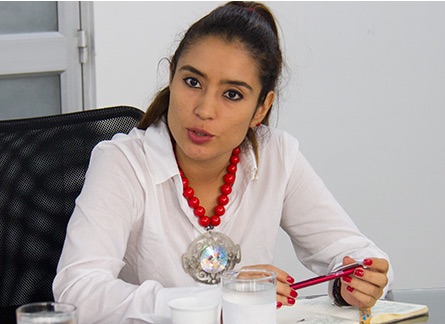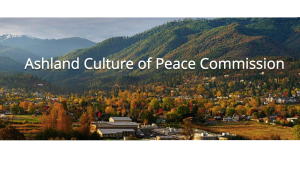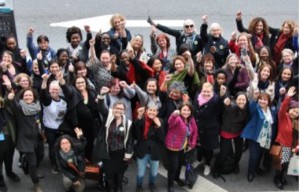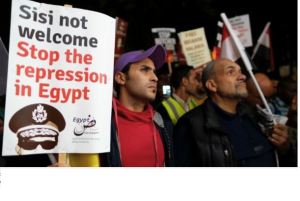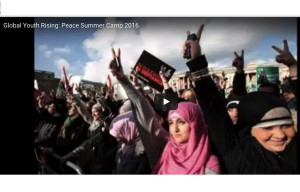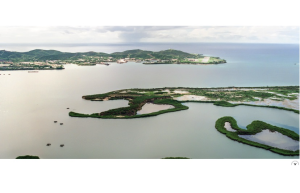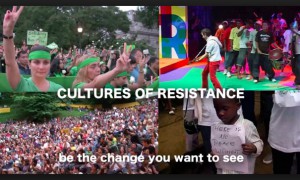
Here are CPNN articles related to this theme:
Character Strengths That Support Peacebuilding
Mexico: In San Juan del Río, Rotary promotes a positive culture of peace
Ibarra, Ecuador: Culture of peace, the way towards a good coexistence
Colombia: Cultural spaces for the construction of peace
Call to strengthen the culture of peace and non-violence in Chiapas
2019 Tomorrow’s Peacebuilders Award winners announced
Côte d’Ivoire: Béoumi: Traditional leaders launch a caravan for peace
South Africa: Global Youth Peacemaker Network initiative offers ‘real hope for Cape Flats’
El Salvador: Associations present project to promote a Culture of Peace
Stories from Rotarian Action Group for Peace provide inspiration for peace
Honduras: New health clinic in gang-ridden suburb of San Pedro Sula rebuilds community
Nigeria: Federal government rallies support of stakeholders to promote peace, security
USA: NCDD Launches Dialogue & Deliberation Training Partnership with American Library Association
Mexico: Presentation of the project “Oaxaca Intercultural”
México: Presentan proyecto “Oaxaca Intercultural”
Students march for peace and justice in Siquinalá, Escuintla (Guatemala)
Estudiantes caminan por la paz y la justicia en Siquinalá, Escuintla (Guatemala)
'Building a Culture of Peace for my Community' (Dominican Republic)
Realizan jornada “Construyendo una Cultura de Paz para mi Comunidad” (República Dominicana)
Land Reform for a Culture of Peace (Brazil)
Reforma Agrária por uma Cultura de Paz (Brasil)
Peru: Intiwawa Children of the Sun
Peace Promotion Can Work (Chicago)
Assault on Peaceful Co-existence (Nagaland, India)
Obreros y sindicatos reviven la Promesa [Puerto Rico]
Project launched to prevent young people from falling into crime [Honduras]
Lanzan proyecto para evitar que jóvenes caigan en delincuencia [Honduras]
The Centre for the Integral Development of Youth in Soacha, Colombia
Estragia de Centros de Desarrollo Integral Juvenil – Soacha, Colombia
Extreme Poverty is Violence – Breaking the Silence – Searching for Peace
Waking Souls for Social Change
Despertando almas para el cambio social
Fondation Idolè and the Culture of Peace
Fondation Idolè et la culture de la paix
Hope in a Shanty Town: Story of a Woman in Bangkok
Activities of the Santa Barbara Association for UNESCO
La Paloma Sabanera Coffee House and Bookstore
A Hartford Community Project Promotes Culture of Peace
Ivy Walls: Local Lawyer's Fight to Help His Community
For prior discussion on this question, click here.
